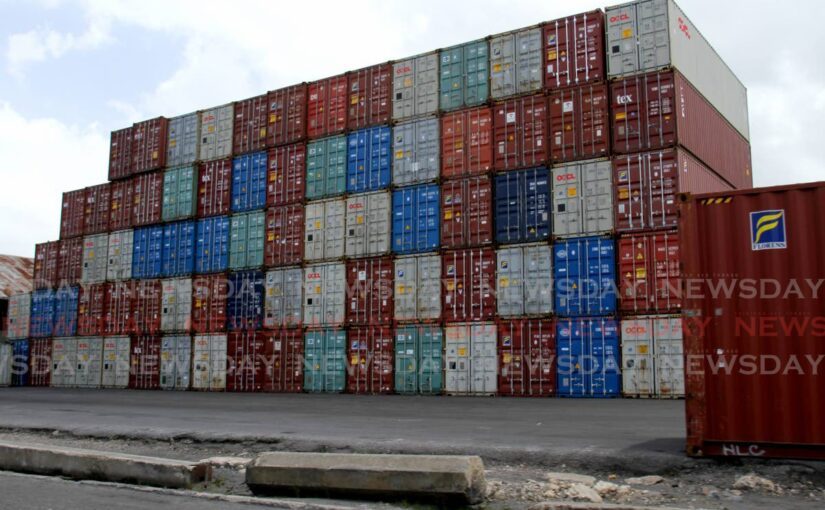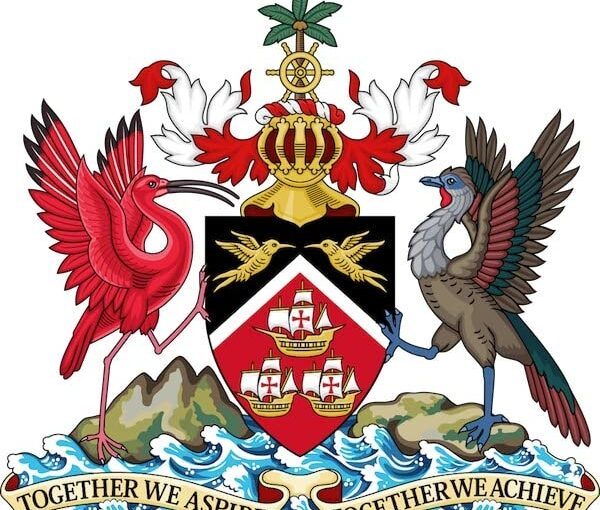The Russia East Asia Forum (REF), an initiative by Russia to strengthen ties with Asia-Pacific countries, represents a crucial platform for...
Vous n'êtes pas connecté
- English
- Français
- عربي
- Español
- Deutsch
- Português
- русский язык
- Català
- Italiano
- Nederlands, Vlaams
- Norsk
- فارسی
- বাংলা
- اردو
- Azərbaycan dili
- Bahasa Indonesia
- Հայերեն
- Ελληνικά
- Bosanski jezik
- українська мова
- Íslenska
- Türkmen, Түркмен
- Türkçe
- Shqip
- Eesti keel
- magyar
- Қазақ тілі
- Kalaallisut ; kalaallit oqaasii
- Lietuvių kalba
- Latviešu valoda
- македонски јазик
- Монгол
- Bahasa Melayu ; بهاس ملايو
- ဗမာစာ
- Slovenščina
- тоҷикӣ ; toğikī ; تاجیکی
- ไทย
- O'zbek ; Ўзбек ; أۇزبېك
- Tiếng Việt
- ភាសាខ្មែរ
- རྫོང་ཁ
- Soomaaliga ; af Soomaali
Rubriques :
 Maroc - EURASIAREVIEW.COM - A la une - 07/Aug 21:07
Maroc - EURASIAREVIEW.COM - A la une - 07/Aug 21:07
Keep Off The Ice: Why The World Doesn’t Need Another Shipping Lane – Analysis
By Luke Coffey Two Chinese cargo ships began their journey last month from Shanghai and Rizhao to the Baltic Sea, but not by the traditional route through the Suez Canal. Instead, with the assistance of a Chinese icebreaker, they are taking the Northern Sea Route through the Arctic Ocean. The Northern Sea Route stretches from the Barents Sea to the Bering Strait, connecting European and Asian markets, and its appeal is evident. The more traditional route connecting Europe to Asia through the Suez Canal is becoming increasingly perilous because of Houthi attacks in the Red Sea since the outbreak of Israel’s war in Gaza in October 2023. Despite the deployment of US and British naval assets against them, the Houthis remain undeterred: they carried out three attacks against commercial shipping only last week. Piracy off the Horn of Africa also poses a threat to commercial shipping. In contrast, the Northern Sea Route faces no such threats. For China, the route also enhances its search for a larger role in the Arctic. Beyond using Arctic shipping lanes to connect with global markets, Beijing is also exploring new sources of food and energy in the region. China already sources a sizeable portion of its fish imports from Arctic countries, and oil and gas cooperation with Russia is increasing. For Russia, the Northern Sea Route holds economic, geopolitical, and prestige value. Russia is investing heavily in infrastructure along the route, and ships using it require support from Moscow in the form of icebreakers, resupply services, and search and rescue capabilities. As more ships begin operating in the region, it generates revenue for Russia. Geopolitically, an open Northern Sea Route would allow the Russian Navy to move its Pacific and Northern fleets around the world more quickly. Additionally, the Arctic has symbolic importance for Russia, dating back to Peter the Great, and it welcomes any increased global significance of the Russian Arctic. Nevertheless, there is a long way to go before the Northern Sea Route becomes a viable option for international shipping, for several reasons. First, while Arctic sea ice has decreased, especially in the summer months, since satellite measurements began in 1979 it has not diminished at the rate and extent many had predicted. This brings additional costs. Ships often require the assistance of icebreakers, for which fees charged by Russia are significant. Additionally, the hazardous environment in the Arctic region leads to increased insurance costs. Vessels using the route also need reinforced hulls and other modifications to ensure a safe journey, which adds considerable costs to ship construction. Second, it is often overlooked just how vast Asia is. While the Northern Sea Route makes a trip between Rotterdam in the Netherlands and Yokohama in Japan 30 percent shorter than using the Suez Canal, a journey between Rotterdam and Shanghai in China is only 8 percent shorter. Considering all the risks and costs associated with using the Northern Sea Route, it remains uncertain whether this difference in distance is worth it. Currently, the numbers suggest it is not. Last year, 36 million tonnes of cargo were shipped along the Northern Sea Route, of which only 2.1 million tonnes — less than 6 percent —completed the full journey between Asia and Europe. This is just 0.15 percent of the volume of goods that transited through the Suez Canal. The full Northern Sea Route between Europe and Asia was completed by only 75 ships, the number that pass through the Suez Canal about every 36 hours. It is clear that Western economic sanctions against Russia are deterring some shipping companies from using the Northern Sea Route. In 2022, the year Russia invaded Ukraine, no foreign ships used the route for cargo transport, and there were no full transits between Europe and Asia. In 2020, Russian President Vladimir Putin set a goal for the Northern Sea Route to handle 80 million tonnes of cargo a year by the end of 2024. It is not on track to meet this goal, and even if it did this would still be only 6 percent of the cargo volume that transited the Suez Canal in 2023. In reality, the best way to improve the stability and security of global shipping is to enhance the conditions of existing transit routes. Instead of hoping that Arctic ice will eventually melt and new shipping lanes will open, the international community should work together to secure the shipping lanes that already exist. It is astonishing that a non-state terrorist organization such as the Houthis can disrupt global shipping in the Red Sea, and the same can be said about piracy off the Horn of Africa or in the Malacca Strait. The Northern Sea Route may help Russia with its economic problems, but it is unlikely to have a major impact on the global economy. Because of the interconnected nature of world trade, a disruption in one chokepoint can significantly affect places thousands of kilometers away. Greater international cooperation is needed to ensure global shipping lanes remain safe, secure, and open for use.
Articles similaires
The Horn Of Africa States: Misguided Investments In The Region – OpEd
The world knows that the Red Sea and hence its littoral countries on both banks, thereof, are important and form part of the critical elements for a...
Putin’s New Regional Friendshoring And Courting Of Malaysia – Analysis
The 9th Eastern Economic Forum (EEF) in Vladivostok creates new power dynamics and reflects the strategic intent by Russia to further bolster its...
New direct shipping route to boost trade between Trinidad and Tobago, Curacao
COME September, there will be a direct shipping route between Trinidad and Tobago and Curacao to facilitate the movement of goods to boost trade. In...
Election Upheaval And Volkswagen Woes Show Germany’s Ruinous Price For Being Uncle Sam’s Lapdog – OpEd
Germany was hit with a double whammy this week as proof of the ruinous price its people are paying for their feckless government’s role as the...
'Russian spy' whale was shot dead: animal rights groups
Animal rights groups said Wednesday that gunfire killed a beluga whale that rose to fame in Norway after its unusual harness sparked suspicions the...
'Russian spy' whale was shot dead: animal rights groups
Animal rights groups said Wednesday that gunfire killed a beluga whale that rose to fame in Norway after its unusual harness sparked suspicions the...
US-China Rivalry In The South China Sea: A Ticking Time Bomb? – OpEd
Global peace and security are jeopardized as a result of the US-China geopolitical conflict for the resource-rich South China Sea, a critical global...
The Horn Of Africa States: The War Narrative – OpEd
The current brand of talks and narrative in the region remains to be that of war. Is that a new phenomenon or is this just a continuation of the...
Ships symbols of our journey
THE EDITOR: The three ships on our coat of arms symbolise the arrival of Christopher Columbus in Trinidad in 1498. While acknowledging the...
Les derniers communiqués
-
Adobe Brings Conversational AI to Trillions of PDFs with the New AI Assistant in Reader and Acrobat
Adobe - 21/02/2024
-
Laura Frigenti takes the Helm as Chief Executive Officer of the Global Partnership for Education
Global Partnership for Education - 05/12/2022


